how we can capture this optional group? (I mean consuming multiple lines)

green group->optional group
red line->new segment(same patterns repeat)
my pattern:
(\t{2}<idx:entry name="dic">\r\n)(\t{4}<idx:orth>)(.+\r\n)(\t{4}<idx:infl>[^</idx:infl>]+)?

any idea how to capture this optional group which doesn't have a fixed length?